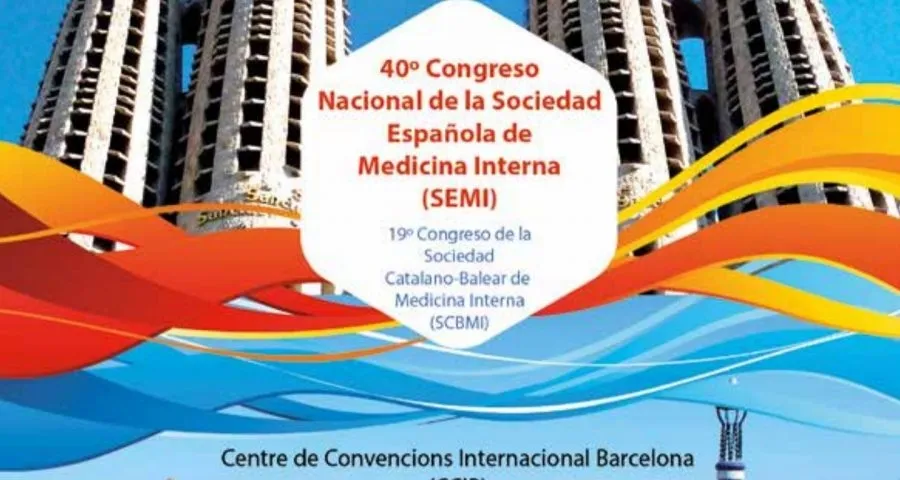The Spanish Society of Internal Medicine (SEMI) celebrates since Wednesday its 40th Congress, focused on a commitment to sustainability, equity and quality of the health system.But, above all, focused on global attention to the person and a change in the health care model."Creating hospitals we are not going to cure diabetes" has warned its president, Ricardo Gómez strikes.
"It makes no sense that we continue to rely on structures of the twentieth century to treat patients of the 21st century," added the president, who has influenced the commitment of the SEMI for a sanitary model based on "collaborative assistance networks,"to address the patient's profile in today's society: major, pluripatological and with many hospital re -enters.
The future of medicine goes on to end services and bet on collaborative care networks.
The Congress, which has more than 2,400 registered partners, will also influence the relationship of internal medicine and nursing professionals, with about 200 professionals in this sector responsible for valueing their work to guarantee comprehensive careto patients.Thus, together with the updates on the most prevalent pathologies, the SEMI will offer training to internists about ultrasound, telemedicine, artificial intelligence and, ultimately, digital health."Something that makes life easier not only for patients but also the doctors themselves," explained the executive president of the Organizing Committee, Roser Solans.
The promotion of teams such as day hospitals and rapid diagnostic consultations are other bets of the SEMI to "flee the fragmentation", in the words of Solons, and show "the fundamental role of the specialist in internal medicine"as a generator of a change in the health care of the future.
"We are convinced that internal medicine will occupy a central role in the medicine of the future, focused on the patient, not in the disease," said Gómez strikes.
"global vision"
In addition, as stressed by the vice president of SEMI, Jesús Díez Manglano, "the internist provides the global vision of the person", so it is necessary, in the face of the future "a greater imbrication with social services" and primary care for"Brink the barriers of healthcare."
Emili Scanella, president of the Catalan-Ballaar Society of Internal Medicine, has celebrated that the Semi Congress "has returned to Barcelona after 12 years" and has taken the opportunity to promote the capture of new internists."Internal we have an aging population," said, indicating that this issue not only refers to patients but also the doctors themselves.According to a study of this society, a great generational relief is approaching, so it is necessary to have new professionals."This congress can help spread our work," he said.
Eliminate barriers in health care, both between different services and nursing, primary care and social services, train professionals in the latest medical advances, and bet on high value procedures are some of the topics that semi semiHe has proposed to analyze during this 40 Congress to move towards "The Hospital of the Future", which is none other than the very future of health.


